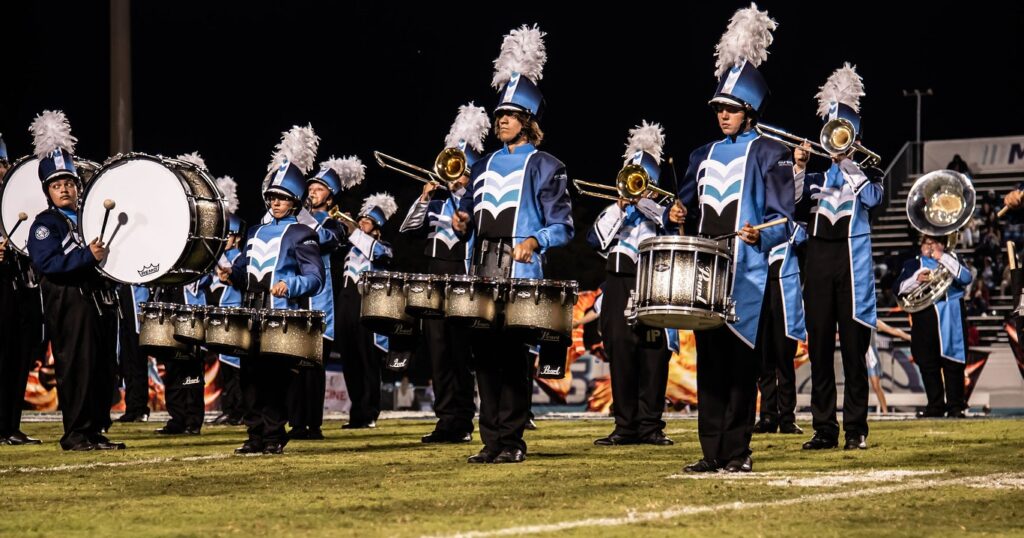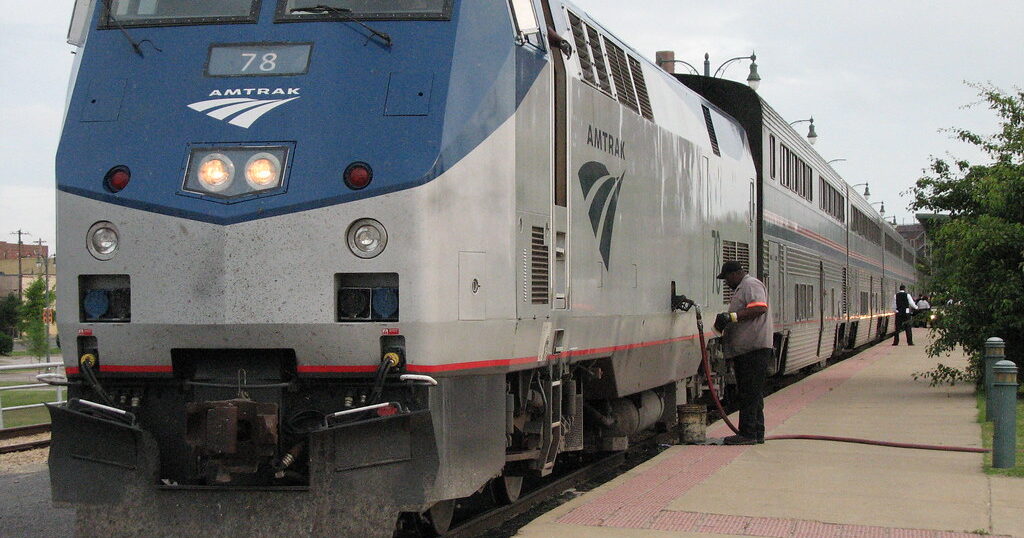Hurricane Season starts June 1st, here’s how to be prepared
Reading time: 6 minutes

Hurricane season here on the East Coast starts on June 1st and runs until about November 30th. Given the extensive damage caused last year by both Hurricane Sally and Hurricane Zeta in Alabama, it’s more important than ever to be prepared for this upcoming hurricane season!
Some quick hurricane facts

An American Red Cross Worker helps assess damages after Hurricane Sally in 2020. 
An American Red Cross volunteer helps assess damages after Hurricane Michael in 2018.
Okay, we get it. To native Alabamians, this seems a little silly. But, for those who just moved to this area, knowing about hurricanes on a scientific level can be super helpful for gauging the proper level of prep (and worry!) needed.
That being said, all hurricanes start as tropical storms, which are large storms fueled by warm waters. As the storm travels through the water, it gathers more power and can become a hurricane. How a storm turns from a tropical storm into a hurricane is dependent on the sustained wind power of the storm itself:
- Tropical Storms: 39-73mph
- Category 1 Hurricane: 74-95mph
- Category 2 Hurricane: 96-110mph
- Category 3 Hurricane: 111-129mph
- Category 4 Hurricane: 130-156mph
- Category 5 Hurricane: 157mph+
Once a hurricane makes landfall, it rapidly slows down. For smaller storms, the landfall can dissipate the storm. However, it can take a while before the storm loses steam and breaks up into smaller weather systems with larger hurricanes.
How can you be prepared for hurricane season?
When hurricanes make landfall, they can be quite destructive. However, as a Southern Alabamian, I can assure you they aren’t nearly as scary as they sound! There’s plenty of protective measures you can take for yourself, your family (including the furry members!), and your home to make sure you’re prepared for when a hurricane does come! Here are some of our favorite tips:
We got our info from a few awesome resources if you want to check ’em out: American Red Cross | National Weather Service
Pay attention!

Getting good and up-to-date information on the hurricane is absolutely key! Your local news station is likely the best place for this, actually. They’re going to have the most specific and up-to-date information that pertains to you and your safety. Finding a radio station that broadcasts weather alerts and updates is also very useful—if your power goes out, you can still hear the broadcast through a battery radio
Protect your home
NOTE: If you live in a mobile home or a tiny home, the National Weather Service recommends evacuating in the case of any hurricane, as these structures do not have the same built-in safety features required of standard homes or apartments for hurricane prep.
- Trim tree limbs and other landscaping close to the house (check for dead trees or limbs as well—these are more likely to fall in the event of the storm.)
- Ensure fence isn’t damaged or at risk of coming out of the ground due to wind
- Check roof for damage preemptively (who wants to find out they have a roof leak during a hurricane?!) & clean out gutters so they can do their jobs properly
- Reinforce exterior doors, including the garage door
- Board up windows—either with plywood or hurricane-proof window shutters
Protect yourself + your family
The most important thing to protect yourself is to know your evacuation route. In the event of a hurricane that necessitates evacuation, knowing where you can go is absolutely vital! To find your evacuation route, check with this map. Here’s some more tips on keeping your family safe:
- Keep that gas tank full! In the event of a hurricane, you may have to evacuate or use your car as a power source. A good rule of thumb is to keep it above 1/2 a tank during hurricane season. That’ll keep you from being stuck in gas lines when the inevitable panic-buying sets in.
- On that note—make sure your car’s in working order all the way around. An oil change at the start of hurricane season should last you most of the hurricane season and keep you from having any car troubles during
- Pack a go-bag, or 2 or 3! Have a bag in an easy-to-grab location (maybe even one in the house, one in the car) with all of your important medications, documents, etc. Even if you end up riding ut the storm, having all you need in one spot is never a bad idea. Here’s what we have in our go-bags:
- Change of clothes (Hot Tip: buy a cheap pack of underwear and socks and keep them in your go-bag, you’ll want those more than any other clothes in case of an emergency)
- Waterproof folder with some cash, birth certificate, pet identification forms, passports, social security cards, etc.
- Toiletries – baby wipes, hand sanitizer, deodorant
- Collars/leashes or carriers for pets
- Candles and flashlights in case the power goes out. Powerbanks for phones.
- Canned foods & snacks
- A card game of some sort. This one seems a bit trivial but card games have saved my personal sanity during many a hurricane.
Some final notes
This is by all means not an exhaustive list of hurricane prep—everyone is going to have their personal prep practices. However, we wanted to touch on some of the high points of hurricane prep and safety for this upcoming hurricane season. For a more comprehensive and exhaustive guide, check out the National Weather Service!















